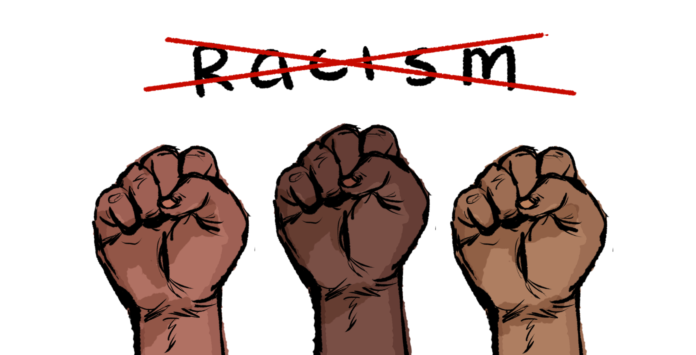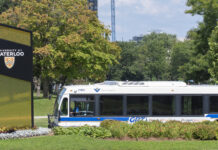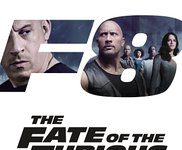The University of Waterloo’s Public Interest Research Group (WPIRG) provided students and community members with the skills to become anti-racist organizers at their “Getting Organized: Tools for Resisting Racism and White Supremacy Conference” over the weekend. Supported by five other groups on campus, WPIRG organized 12 presentations on university grounds and two partner performances on Jan. 25-27.
“We see a need to provide a space where local organizers can connect and share knowledge with those wanting to get active,” WPIRG’s Facebook event page wrote with regard to its goal behind the conference.
Headliners for the conference included Wilfred Laurier University Education and Inclusion Coordinator Lauren Burrows, Black Muslim feminist activist and educator Rowa Mohamed, Coordinator for Christian Peacemaker Teams Rachelle Friesen, and poet-activist-journalist El Jones.
WPIRG volunteers introduced each presentation with an extended land acknowledgment that encouraged action towards decolonization. A few of the events featured staff and students from the Waterloo Aboriginal Education Centre (WAEC), who offered a Thanksgiving address in Kanien’kéha (the Mohawk language), sang a welcome song, and brought tobacco for the presenters.
“There’s no institutional support in many cases for anti-racism,” Burrows said during her speech on racism in higher education. According to Burrows’ #BeingRaced study conducted at WLU, 70 per cent of participants experienced racism, with 40.5 per cent on a monthly basis. Burrows provided calls to action, including an acknowledgment of racism in policies, and the enforcement of a formal reporting system. Audience members snapped in support as she read them aloud.
Fellow researchers include Paige Grant, Azka Choudhary, Joey Lee, Kate Harvey, Laura Mae Lindo and Vanessa Oliver.
“We talk about reconciliation. It’s really hard to reconcile something when the harm is still happening,” Burrows concluded.
A similar sentiment was present at WAEC’s Decolonization in a Time of Official Reconciliation. “Reconciliation is something that’s inflicted on Indigenous People,” sociology and legal studies PhD candidate Enaemaehkiw Kesīqnaeh said. “I want a future that’s something different … The world colonialism has built is going to actually kill the planet.”
Many presenters concluded by emphasizing the time and labour that comes with anti-racism work.
“A very important part of de-escalation is self-care and self-forgiveness,” noted Friesen at her Skills in Counter-Protest and Human Rights Accomplishment event. “It’s a marathon, not a sprint.”






























